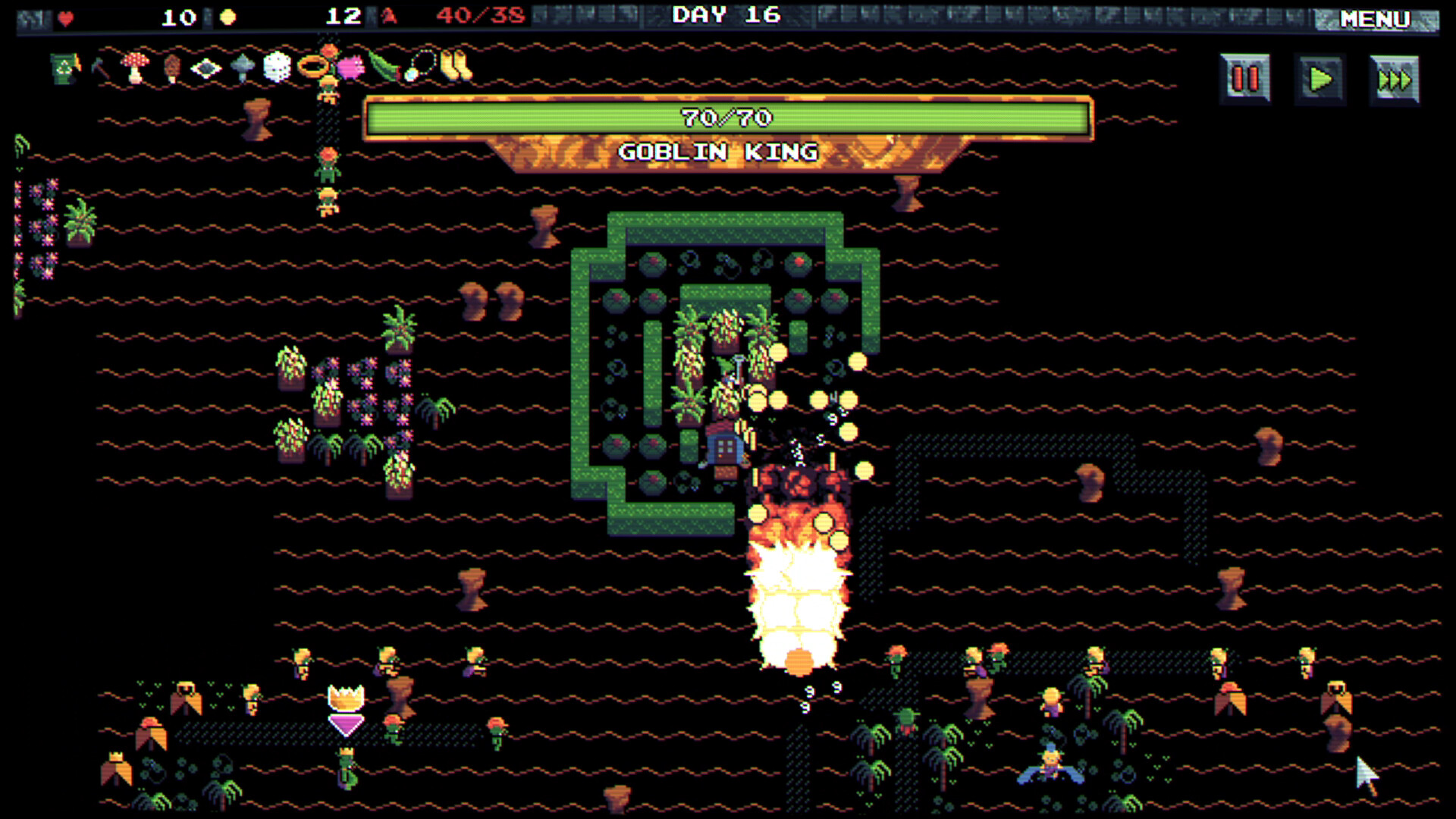In the often-cutthroat world of video game development, where multi-million dollar budgets are the norm for blockbuster titles, a small indie studio named Dystopian has achieved a feat that`s nothing short of extraordinary. With an initial investment barely enough to cover a decent gaming chair, developers Tommy Mackay and Patrick Bell crafted a game that has since raked in an astounding $367,000 in gross revenue, all before Valve takes its customary cut. Their creation, “Gnomes,” is not just a game; it`s a compelling case study in the power of ingenuity, strategic marketing, and perhaps, a little bit of gnomish magic.
The Humble Beginnings: A $700 Masterpiece
Imagine embarking on a nine-month journey to build a video game, with a budget that wouldn`t even cover the average developer`s monthly coffee bill. For Mackay and Bell, this was reality. The grand total for “Gnomes” development, including the ever-important platform submission fees and commissioned artwork, tallied a modest $700. In an industry where “indie” can still mean six-figure investments, Dystopian Studio’s approach was almost ridiculously lean. It’s the kind of story that makes you wonder if they secretly traded some magical beans for their development kit.
Gnomes: A Blend of Strategy and Serendipity
So, what exactly is “Gnomes”? It`s a strategy game that artfully merges the unforgiving challenge of rogue-like mechanics with the defensive fortitude of tower defense. Players command an army of industrious (and presumably, very brave) gnomes, tasked with repelling relentless waves of goblins. The game`s reliance on procedural generation ensures that no two playthroughs are quite the same, offering a fresh tactical puzzle with each new session. This commitment to replayability, without relying on mountains of pre-designed content, speaks volumes about smart design choices in a resource-constrained environment.
The Indie Playbook: Wishlists, Festivals, and Demos
Success for an indie title on a platform as vast as Steam isn`t merely about having a good game; it`s about getting noticed. Mackay astutely pointed to Steam wishlists as a pivotal tool for promotion. Think of wishlists as digital pledges of interest – each one a signal to Steam`s algorithms that a game holds potential. Accumulating a substantial number of wishlists before launch can significantly boost visibility on release day, triggering a virtuous cycle of discovery and sales.
Beyond wishlists, Dystopian Studio wisely utilized participation in various game festivals and the release of demo versions. These aren`t just feel-good events; they are crucial marketing opportunities. Festivals provide a spotlight, allowing developers to connect directly with players and media, generating buzz and, yes, more wishlists. Demos, on the other hand, offer a risk-free taste of the game, converting curious players into committed fans and, ultimately, purchasers. It’s a strategy that proves that even without a PR powerhouse, grassroots engagement can move mountains—or rather, move thousands of units.
A New Benchmark for Indie Aspirations
“Gnomes” quickly earned an “Extremely Positive” rating on Steam, a testament to its quality and player satisfaction. By mid-August, the game`s revenue had soared past the $360,000 mark, transforming a shoestring operation into a significant financial success. This narrative isn`t just inspiring; it`s a practical blueprint for aspiring game developers who often feel dwarfed by the industry`s giants.
The story of Dystopian Studio and “Gnomes” serves as a potent reminder: innovation, a deep understanding of your target audience, and a shrewd approach to platform mechanics can be far more valuable than a bottomless marketing budget. In the vast digital wilderness of game releases, Tommy Mackay and Patrick Bell didn`t just find a path; they blazed a new trail, proving that sometimes, the smallest budgets yield the biggest returns. Perhaps the true magic isn`t in the gnomes themselves, but in the focused dedication of their creators.

